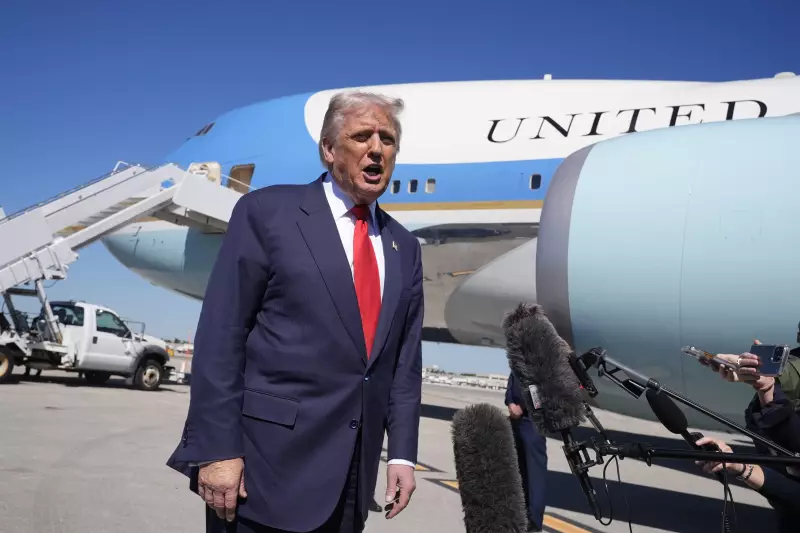
In a dramatic escalation of rhetoric, former U.S. President Donald Trump has raised the possibility of American military intervention in Nigeria, citing what he describes as systematic persecution of Christian communities throughout the African nation.
A Stark Warning from the Former Commander-in-Chief
Through his Truth Social platform, Trump issued a grave warning about the deteriorating situation in Nigeria, where violent attacks against Christian populations have intensified in recent months. The former president's statement comes amid growing international concern about religious-based violence in Africa's most populous country.
Escalating Religious Violence
Nigeria has witnessed a disturbing surge in attacks targeting Christian communities, particularly in the country's northern and central regions. Militant groups including Boko Haram and Islamic State West Africa Province have been responsible for numerous atrocities, while conflicts between herders and farmers have taken on increasingly religious dimensions.
The situation has drawn condemnation from religious freedom advocates worldwide, with multiple organizations documenting widespread violence, church burnings, and mass kidnappings targeting Christian populations.
International Implications
Trump's threat of military action represents a significant development in international relations, potentially signaling a more interventionist approach to religious persecution should he return to power. The statement has already sparked debate among foreign policy experts about the appropriate American response to humanitarian crises abroad.
Regional Security Concerns
The Sahel region, where Nigeria is situated, has become increasingly unstable in recent years, with multiple nations grappling with extremist violence and ethnic conflicts. Any potential U.S. military involvement would occur within this complex geopolitical context, where Western interventions have yielded mixed results in the past.
Security analysts note that Nigeria's military is already engaged in extensive counterinsurgency operations, though critics argue these efforts have failed to adequately protect vulnerable religious communities.
Domestic Political Reactions
The former president's statement has generated strong reactions across the political spectrum, with supporters praising his commitment to religious freedom and critics questioning the wisdom of threatening military action in a sovereign nation.
The Biden administration has maintained a different approach to Nigeria, emphasizing diplomatic engagement and targeted aid rather than military threats. Current U.S. policy focuses on supporting Nigeria's own security forces while addressing root causes of violence through development programs.
As the 2024 election cycle approaches, foreign policy toward Nigeria and religious persecution globally may emerge as significant points of debate among presidential candidates.





